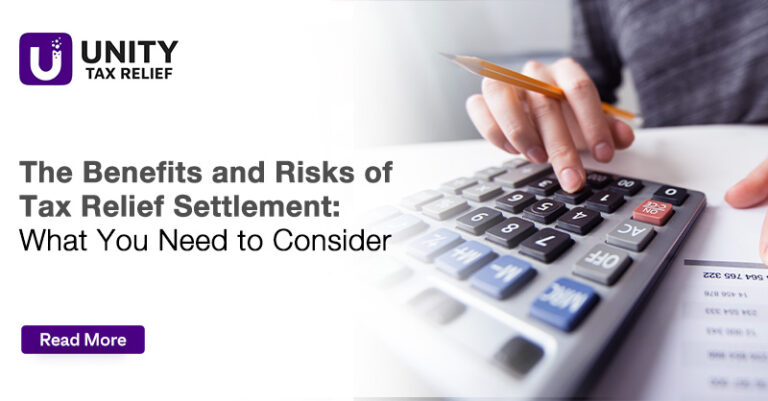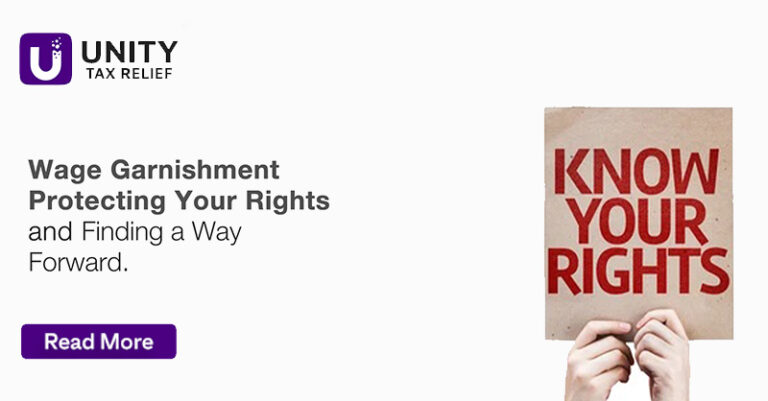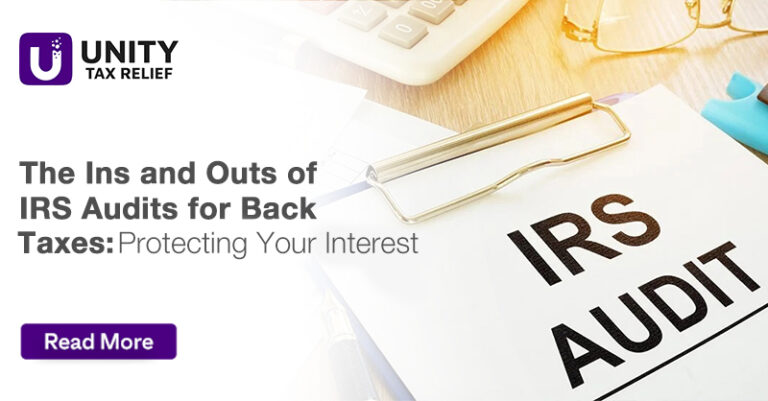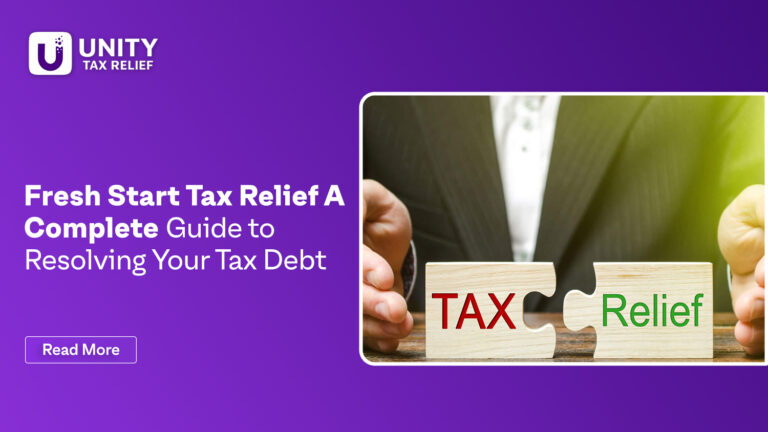Unpaid back taxes refer to those taxes of an individual or an entity that are owed to the government authority. These taxes include a variety of types like income tax, property tax, and sale tax that are imposed by the government.
It is essential to understand that timely payment of all taxes is necessary. When taxes are not paid on their due date then the government authorities usually levy penalties or interest on the unpaid amount of tax. As the days go by the amount of penalties and interest keep on increasing which will significantly increase the amount that an individual or an entity pays to the government.
In some cases, the government offers negotiation solutions through a debt settlement plan or a compromise. Taxpayers while facing difficulties with paying taxes and wanting to seek professional assistance can do so by seeking help from public accountants and attorneys who specialize in tax matters.
What is the Difference Between Taxes and Unpaid Back Taxes?
Taxes and unpaid back taxes are both related concepts. While taxes are mandatory contributions by an individual or a business, unpaid back taxes are those taxes that have not been paid by the due date.
While taxes take various forms like income property and sales, all of these accumulated and left unpaid result in unpaid back taxes. Payment of taxes is a legal obligation that should be done by every citizen of the country for the various services that are provided by the government.
Hence all individuals and business entities must fulfill their tax obligations to avoid any accumulation of unpaid back taxes and any other related consequences.
The Consequences of Unpaid Back Taxes: How to Avoid Financial Fallout
There are serious repercussions of unpaid back taxes both financially and even legally. To avoid any such fallouts with the government it is crucial to understand the possible scenarios that can take place and remedies to address them:
1) Interest and Penalties
The longer you delay paying your taxes, the more you will owe to the government. Hence every individual and business must pay all of its taxes like property, sales, and income on time. On non-payment of these taxes, interest and penalties accumulate over time. Depending on the country and laws of your region the rates may vary. Sometimes it so happens that the interest and penalties far exceed the original tax amount.
One way to avoid any accumulation of such interest or penalties is to pay your tax on time. If you are unable to pay when the taxes are due, then make sure that you consult with the tax professional to work out a payment plan. This payment plan will enable you to make manageable monthly payments.
2) Tax Liens
A lot of times we see the government putting their stamp on properties which prevents the owner from using or staking any claim on it. Non-payment of taxes will result in the government placing a tax lien on your assets. A tax lien on your assets will give the government a legal claim to your property. A tax lien can be placed on any property, such as a car home, or even your bank accounts.
If you want to avoid any tax lien by the government, then address your tax debt as soon as it arises. In the unfortunate case that a tax lien has been placed on your property, then work with the tax authority to negotiate a resolution. A resolution can be in the form of a payment plan or even a settlement process.
3) Wage Garnishment
Wage garnishment is the process wherein the government has a legal right to your wage. In such a case, the portion of your paycheck is withheld by the government and is sent directly to the tax authority. This is done until the debt is satisfied. To avoid any such wage garnishment proactively try to settle your debt. You can even consult a tax professional and work out a settlement or a payment plan.
4) Seizing of Assets
The government has the right to seize and sell your assets on any non-payment of taxes or debt. These assets can include any property that you own, like real estate vehicles or even valuable personal property like jewellery.
To avoid any such action by the tax authority, make sure that you resolve your unpaid back taxes as soon as you get to know. In case this unfortunate seizing of assets happens to you or your family then seek legal advice and explore your options for protecting your property.
5) Criminal Charges
Sometimes in extreme cases where the amount of unpaid back taxes is too high and there are signs of fraud or tax evasion, then there are chances that these unpaid back taxes can lead to criminal charges. The tax authorities can put you behind bars and investigate the matter at length. To avoid any such criminal charges, make sure that you file your tax returns honestly and as accurately as possible.
6) Credit Score Damage
Unpaid back taxes can even hurt your credit score. Credit card companies and any other loaning companies are informed by the tax authorities about your unpaid debts and any tax liens. This makes it difficult for the taxpayer to secure loans or ask for favourable interest rates in the future.
To avoid any such unfortunate circumstances, make sure that you pay your tax on time and if a lien has been reported then take steps to have it removed from your credit report once the tax problem is solved.
Final Overview
In summary, unpaid back taxes can cause a lot of trouble for you and your family. To avoid any such fallouts with the government authorities or the tax authorities, make sure that you pay your taxes on time and address any issues the moment they arise. Be sure to conduct thorough online research and collaborate with expert professionals to know more about this topic.






